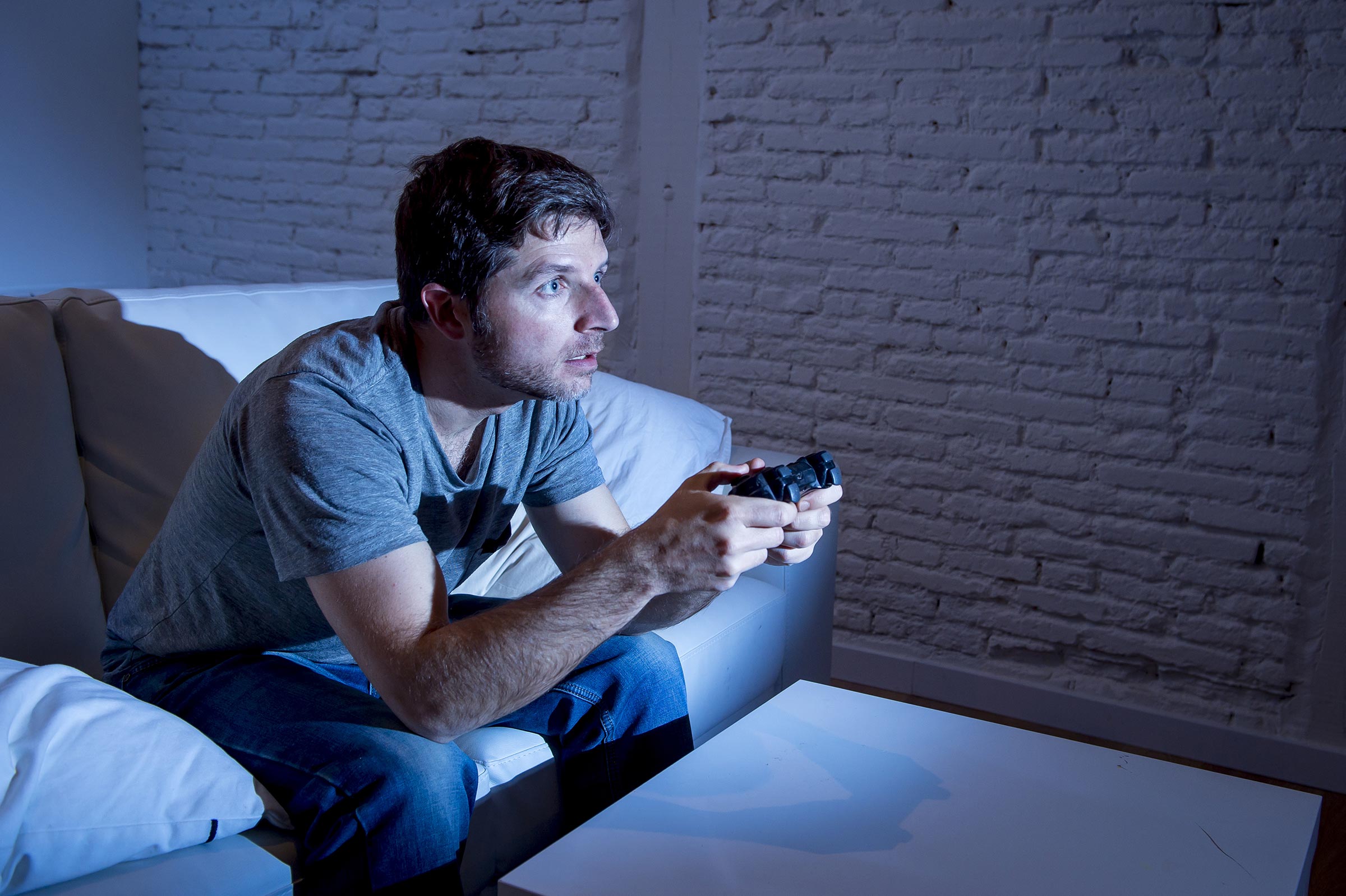in the screen world, you reign as lord and master
Of all the pernicious effects screen time is having on us, perhaps none is as harmful as this: Screens encourage us to build personal digital kingdoms. Within these virtual castle walls, we reign as lord and master. We exercise absolute control over what we see, what we play, who comes in, and which ideas will be tolerated. As we spend more and more time within the walls of our digital castles, we begin losing touch with the real world.
You may not feel in control of your screen life as you’re bombarded by spam, tempted by clickbait and distressed by social media. But in reality, you exert much more control in the screen world than you do in the real world. Screen life affords you a level of choice and autonomy once enjoyed only by royalty.
Seven ways screens make us into digital royals:
- For centuries the finest goods, foods and entertainment options were reserved solely for royalty. Today, anyone with a smartphone can order from a vast marketplace of goods that’s open 24/7. A few taps on our smartphones and sumptuous foods appear at our doors. Kings relied on troupes of local entertainers, but we can summon any actor, musician or comedian to amuse us whenever we want.
- Sultans enjoyed the pleasures of a harem, but today’s digital monarchs can gaze upon an endless selection of the world’s most beautiful people. TV shows and movies present the viewer with a ceaseless procession of stunning faces and perfectly toned bodies. Log into a dating app and thousands of potential romantic partners appear instantly. But why bother dating a real person? Online pornography gives digital monarchs access to a virtual harem of simulated sex partners who are always willing and available.
- Hear ye, hear ye! In times past only kings and popes had the power to issue a decree and have it read throughout the realm. Today, with the advent of social media and blogs, anyone with a smartphone and pair of thumbs can express an opinion and post it for the world to see. This has led to an outbreak of dogmatism online. Armed with kingly confidence, digital royals pronounce judgment with absolute certainty, denigrating anyone whose opinions diverge even slightly from their own. The attitude is this: I’m absolutely right. Those who disagree with me must be confused, stupid, or evil.
- Kings and queens controlled who came into their royal presence, and now we can, too. Digital royals can exile annoying people from social media by unfriending or banning them. Poof, they’re gone, never to bother us again. Why is the current generation of college students so quick to cancel people and ideas they find distasteful? Because they’ve been deleting posts they disagree with on social media since they were thirteen years old. Social media taught them to shout down and shut out people and opinions they find unacceptable. No previous generation possessed this power.
Digital royals can exile annoying people from social media by unfriending or banning them. Poof, they’re gone, never to bother us again.
- Kings put heretics, turncoats, and rivals to death, and we can do the same thing online. Doxing, cyber-shaming, and attacks from Twitter mobs have cost people scholarships, awards, and careers. The offense can be something as minor as a foolish tweet or an ill-advised photo from decades ago. Meanwhile, pre-pubescent teens are literally killing one another via cyberbullying.
- Kings have always led troops into war. And thanks to video games, we too can command a simulated army. Our brains experience the thrill of combat while our bodies sit on the couch, munching Doritos.
- Kings worked tirelessly to maintain an image of strength among the populace. Social media encourages us to do the same. It’s called “image crafting.” Here’s a simple definition: using social media to present a perfect life to your friends, family, and fans. Most of us image craft without even realizing it. We happily post the good things about our lives: vacations, weddings, graduations, and, of course, plated dinners. But we omit anything that might show us in a negative light. #blessed
A world that bends to our will
Screen time is not all that harmful when used in moderation, and for noble purposes. The underlying issue is lordship: the extraordinary level of control we exert within the digital world can lead to hubris, isolation, fear and anxiety. You’ve heard the saying: It’s lonely at the top. Power and prerogatives are served with a side dish of pressure.
The more time we spend on our screens, the more we become accustomed to living in a world that bends to our will. Then we go back into the real world, where almost nothing bends to our will. Real life has no on/off button. There’s no way to cancel annoying co-workers, nor can we change the channel when our car breaks down. There’s no guarantee of a happy ending when an injustice is done, a relationship goes sour, or illness strikes. Daunted by real life, we retreat into our personal digital kingdoms, because there we have a measure of control.
Psychologists are seeing an unprecedented spike in depression and anxiety, especially among young people who have grown up online. Critics dismiss them as “snowflakes,” but their fragility is a byproduct of having been raised in a digital world they can customize and manipulate. When the real world does not yield to their preferences, they experience angst. Having spent so much time immersed in screen life, they find themselves poorly equipped to deal with the challenges of real life.
There’s nothing wrong with watching an occasional TV show, playing a round of video games or posting to social media. The danger arises when you find yourself preferring these digital simulations to real life. If screen time is your “go-to” leisure activity, something you do for hours each day (as most of us do) you’re in the danger zone. Recognize why you it’s so pleasurable to leave the real world and lock yourself behind the walls of your digital kingdom. The powers you exert in the screen world are artificial and may be compromising your ability to meet real-life challenges.
David Murrow, The Online Preaching Coach, is the author of Why Men Hate Going to Church and many other bestselling books. David is an award winning television producer whose work has been seen on ABC, NBC, PBS, CBS, Discovery Networks, BBC World Service and dozens more. He trains pastors how to make their sermons more watchable, memorable and shareable online.




